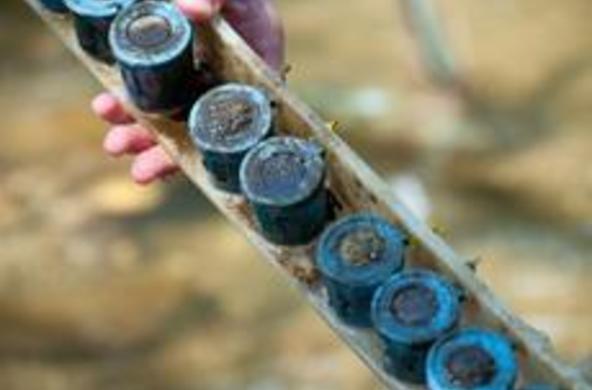- Profile
- Past Projects
- Publications
Stephen Hamilton’s principal research interests involve ecosystem ecology and biogeochemistry, with particular emphasis on water. He has studied wetlands, streams, lakes, reservoirs, and watersheds, as well as agricultural cropping systems and their effects on water and climate. His research draws on multiple disciplines to understand and mitigate environmental problems and inform environmental protection and conservation.
Hamilton’s research publications include studies of nutrient cycling, greenhouse gas emissions, invasive species, food webs, remote sensing, conservation planning, and hydrology. He has received awards for his engagement with environmental issues from the Michigan Environmental Council and the Society for Freshwater Science, and is a Fellow of that society.
Hamilton has conducted a variety of studies in tropical floodplain and river ecosystems of South America and Australia, and presently works with several research groups in Brazil on hydropower effects on river systems.
As of 2024, Hamilton is retired from both Cary Institute and from his long-time position as a Professor at Michigan State University’s Kellogg Biological Station, though he will remain academically active. At Michigan State, Hamilton was a principal investigator for the National Science Foundation’s Long Term Ecological Research site and a Project Leader in the Department of Energy’s Great Lakes Bioenergy Research Center. He now lives in northern Michigan.




